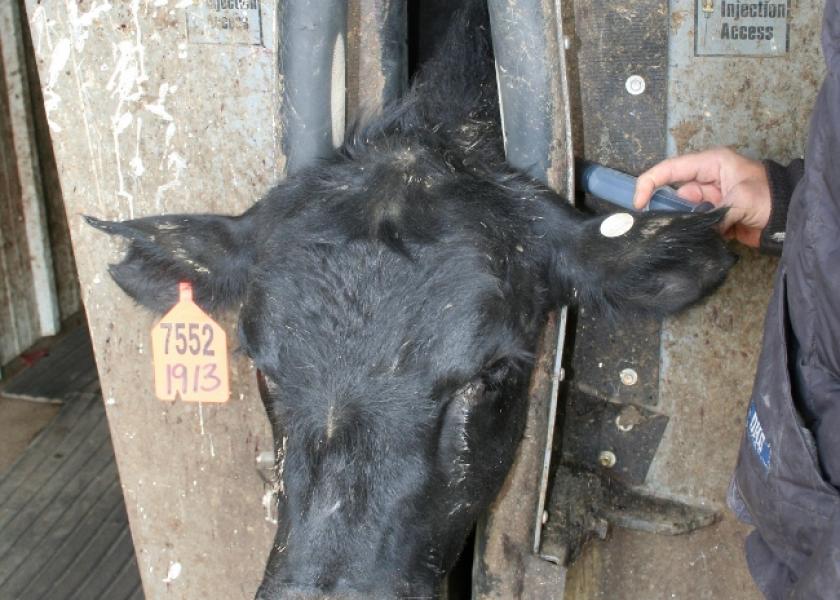FDA Releases Draft GFI to End OTC Sales of Most Animal Antibiotics

On Monday, September 23, the FDA released draft guidance for industry (GFI) #263, outlining a process for voluntarily bringing remaining approved animal drugs containing antimicrobials of human medical importance under the oversight of licensed veterinarians by changing the approved marketing status from over-the-counter (OTC) to prescription (Rx).
Earlier this year, the FDA indicated they would release this draft guidance as part of the agency’s five-year plan for Supporting Antimicrobial Stewardship in Veterinary Settings. The action is intended to build on the earlier GFI 213, which eliminated “production” or “performance” claims from labels for medically important antibiotics and brought purchase of most medicated feeds under the Veterinary Feed Directive (VFD).
One implemented, the new GFI would place administration of all dosage forms of approved medically important antimicrobials for all animal species under the supervision of a licensed veterinarian and only when necessary for the treatment, control or prevention of specific diseases. This would include dosage forms such as injectable or intra-mammary antibiotic products now available over the counter for use in beef and dairy cattle.
FDA will accept public comments on the draft guidance for 90 days, and subsequently will issue the final guidance, after which the agency plans a two-year implementation period.
During the recent Academy of Veterinary Consultants conference, FDA veterinarian Mike Murphy discussed the five-year-plan and its timeline for actions intended to improve antimicrobial stewardship.
In August, FDA published a summary report on VFD inspections and compliance. The draft GFI issued this week, on veterinary oversight for other dosage forms, was next on the schedule.
By the end of this year, FDA’s Center for Veterinary Medicine (CVM) plans to update its list of “medically important” antimicrobials used in livestock, currently listed in GFI 152.
By September 2020, FDA/CVM plans to issue a draft strategy to ensure that all medically important antimicrobial drugs used in the feed or drinking water of food-producing animals have an appropriately targeted duration of use. Currently, the labels for some medications delivered in feed or water do not specify duration of use
For more on this topic, see these recent articles from BovineVetOnline:
FDA Extends Comment Period on Withdrawal Times
FDA Plans Next Moves on Antimicrobials







